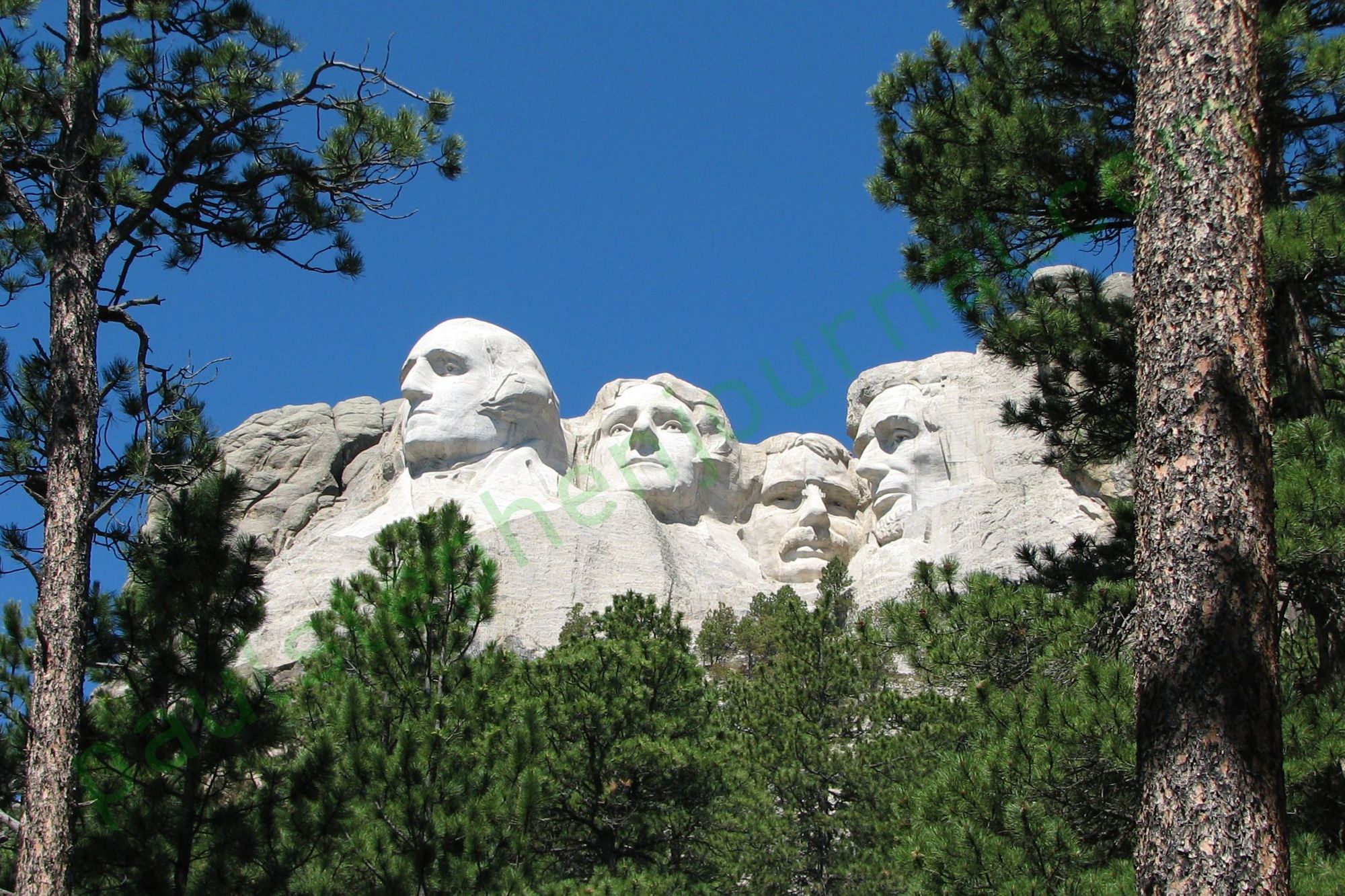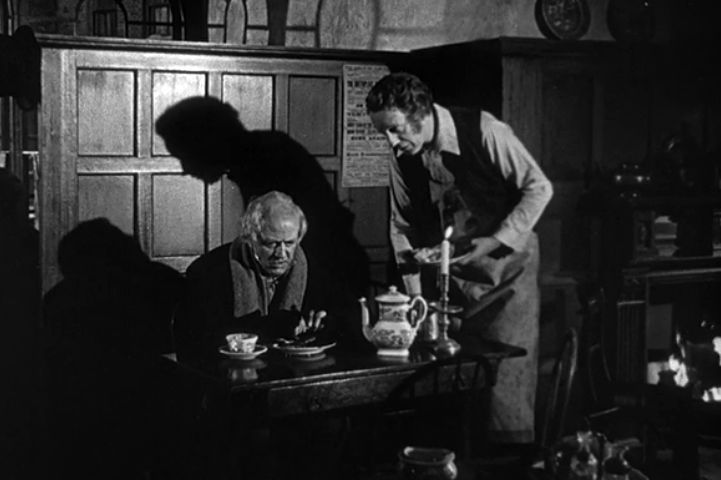“Most of the life stories of our famous and successful men fail to inspire because they lack the human element that makes the record real and brings the story within our grasp.”
– Benjamin Franklin
Happy Independence Day to my fellow Americans. In my last posting on a July 4th, two years ago, I mentioned the unique curiosity of how Benjamin Franklin almost met Sir Isaac Newton. Likely it would have been a subdued meeting in a coffeehouse of these two historical figures, both slightly out of their primes, Newton at the end of his life, and Franklin the young, ambitious man with all of his famous accomplishments ahead of him.
There are two prose works from the origin of our nation which I feel every American should be familiar with, to ground us by their genesis frame of reference. No, not the Declaration of Independence and U.S. Constitution, two documents which (one hopefully assumes) were part of your early school curriculum. One of these works that I am alluding to is quite lengthy and deserves its own treatment and discussion, which I plan to do, one day. The other is the autobiography of Benjamin Franklin.
“Prose writing has been of great use to me in the course of my life, and was a principal means of my advancement.”
– Franklin
Mr. Franklin was, to me, the proto-American. Though we remember him today for his role as one of the Founding Fathers, by the time of the events that led up to 1776 and then the creation of the U.S. Constitution, Franklin was already advanced in years. Nearly all of his significant accomplishments were from when he was a young man.
His autobiography is part a collection of his letters and part personal reflections. Combined, they provide an account of Franklin’s philosophies and worldview. He rarely mentions the events of the American Revolution, instead focusing on his upbringing, early life, and rise to public prominence. All of this happened (roughly) early to mid 18th century, decades before the Revolution.
To leverage contemporary terms, Franklin’s autobiography reads like a “prequel” or hero origins story. The accounts and circumstances are self-contained to their own time periods and situations, though you can detect traces of the state of affairs and prophecies of things to come. Consider the Benjamin Franklin of the 1750s, who very much considered himself a British subject, but believed, as many did, on the need for greater home rule by the colonies on matters like the military and taxes. The mindset of the time was to strike a balance with the Crown and Parliament which would allow the colonies greater authority over their local matters and how local funding was appropriated. Nearly all proposals along these lines were rejected by Parliament, and you can begin to see how these early failed attempts for autonomy snowballed into what would end with an outright war to assert colonial independence.
“Men should be taught as if you taught them not,
And things unknown propos’d as things forgot”
Mr. Franklin was one of the youngest in a family of over a dozen children, who all survived to adulthood, a rarity in those times. A large section of his autobiography has Franklin recounting the details of his early apprenticeships and travels for work throughout the colonies and eventually to Europe. It is clear that the young Franklin absorbed every opportunity provided him. Not all succeeded, but over the decades and particularly with his printing business, he rose in stature in society. It would be hard case to make that Franklin did not toil for all that he achieved.
Part of Franklin’s rise was from always looking for opportunities to help the general welfare. When he observed the deteriorating condition of roads in Philadelphia, he took action to rectify their maintenance. Men of influence recognized Franklin’s value (perhaps more for themselves than society’s benefit), and they frequently solicited his advice on all sorts of matters.
“As we enjoy great advantages from the inventions of others, we should be glad of an opportunity to serve others by any invention of ours; and this we should do freely and generously.”
His meager upbringing shaped his views and philosophies. He was naturally curious, which led to his inquisitive incursions into science. His pragmatism and skepticism molded his perspective on politics and those who seek ambition through authority. When you look at all facets of Franklin’s character – his intellect, curiosity, practicality, suspicion of those in the assemblies, and his personal interest in the public welfare, I feel it safe to say he did not look kindly on those who pursued politics as permanent career. What would Franklin say of nearly all of our politicians today?
“Human felicity is produced not so much by great pieces of good fortune that seldom happen, as by little advantages that occur every day.”
Mr. Franklin’s life story is inspiring, and I highly recommend reading about it if you have not already done so. At times, it can be a difficult read given the time period and methods of account. Still, while this may not be the most popular or exciting or flashy way to spend your time, borrowing a page from Mr. Franklin himself, I think it in the public interest and welfare for all of us to appreciate his philosophies, life, and accomplishments as the model they still present for us as Americans today.








